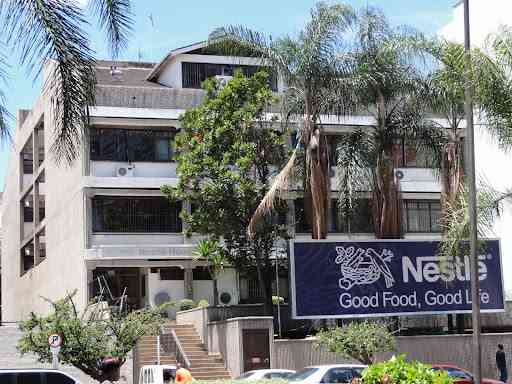
Reserve Bank of Zimbabwe (RBZ) says banks should use their discretion and the availability of cash in dispensing the soon to be introduced bond notes to depositors.
BY TATIRA ZWINOIRA
Speaking at the Shipping and Forwarding Agents’ Association of Zimbabwe’s (SFAAZ) annual conference yesterday in Harare, RBZ official Simon Nyarota said bond notes will be introduced on a gradual basis.
“The bond notes will be issued at par with the US dollar in the same manner that the bond coins have been operating. For example, let us say an exporter receives the 5% export incentive, when they are withdrawing say $100, $80 will in dollars while $20 will be bond notes,” he said.
“Bond notes will be released into the market on gradual basis in line with the level of exports. It is, an export driven scheme, implying that every bond note injected into the economy is evidence of exports within the economy.”
RBZ wants to introduce the bond notes under a $200 million export incentive facility guaranteed by the African Export-Import Bank, as part of measures to stem cash leakages and boost exports.
Under the facility, exporters will get a 5% incentive in bond notes.
- Chamisa under fire over US$120K donation
- Mavhunga puts DeMbare into Chibuku quarterfinals
- Pension funds bet on Cabora Bassa oilfields
- Councils defy govt fire tender directive
Keep Reading
Nyarota said an independent body will be introduced to provide checks and balances, as Afreximbank will not allow the entire $200 million facility to go to bond notes at once.
Any exporter, who has made an export transaction, will receive a 5% incentive based on exports receipts, which will be debited to their account, meant to hold export proceeds in a bank. When a depositor comes to make a withdrawal, the bank will issue to the client the bond notes that it has in its coffers alongside the dollar.
RBZ says the bond notes will be introduced in October despite resistance from depositors, who see the move as a ploy to return the Zimbabwean dollar. The local unit was retired last year to give confidence to the multi-currency regime introduced in 2009.
Bankers, business executives and economists have also disapproved the introduction of the bond notes.
Currently, the central bank is importing about $20 million per month in fresh cash and is expected to import unspecified amounts of the rand and euro to deal with the bank queues.
Nyarota said the bond notes will serve to address the lack of export competitiveness due to the US dollar appreciating against the country’s trading partners’ currencies, as well as “preserve the facility from capital flight and externalisation of foreign exchange”. Last year, externalisation of funds cost the economy $1,8 billion.












